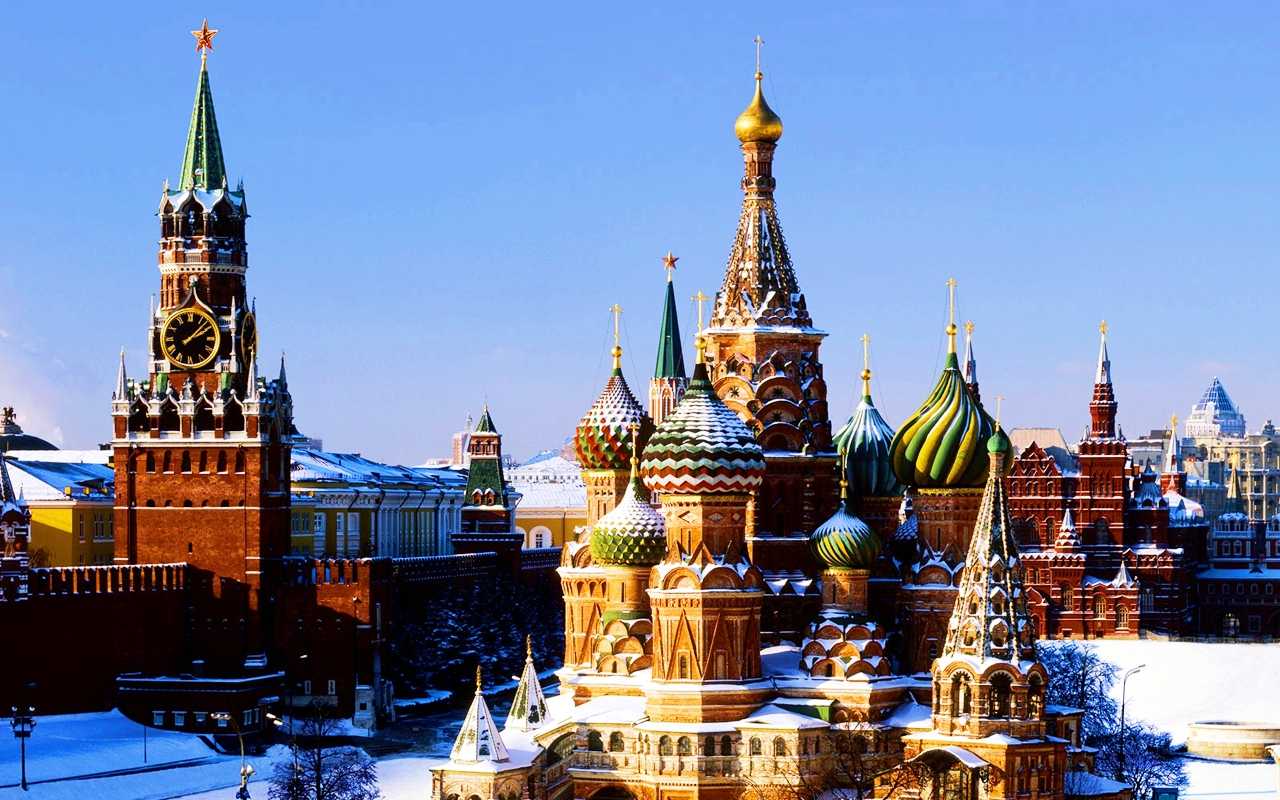MOSCOW, Russia – Russia is now one of the 10 leading suppliers of instant coffee to Germany, accounting for 5 percent of German coffee imports in autumn 2016, and overtaking Brazil, Switzerland and India.
In addition, Russia became one of top five instant coffee suppliers to Israel, followed only by South Korea and Vietnam.
The arrival of Russian instant coffee on German and Israeli markets is primarily a result of a sharp drop in Russian exports to Ukraine in 2015, said Ramaz Chanturia, head of Roschaikofe, the Russian association of tea and coffee producers.
In 2015, Russia exported 9,400 tons of coffee, including 5,300 tons to Ukraine. “In 2016, we lost a considerable share of the Ukrainian market, dropping by 4,200 tons, and so we decided to look for other markets to make up for the losses,” Chanturia said.
Russia started supplying coffee to Germany in August. “So far, the amounts are not that big, about 100-150 tons per month, but it’s the very fact of supplies to Germany that matters because that country is one of the world’s largest importers of instant coffee, alongside Russia and the U.S.,” said the Russian Export Center’s website.
According to official statistics, each year Germany imports 40,000 tons of instant coffee from 15 countries.
Russian instant coffee exports are sourced from international manufacturers with production facilities in Russia.
These are Nestle, which owns a factory in Krasnodar Territory, and the German-Dutch Jacobs Douwe Egberts (JDE), which has a factory in the Leningrad Region. Nestle did not reply to RBTH’s query regarding exports to Europe.
In 2016, JDE’s Russian factory started exporting coffee to Israel. “With strong footing in the Russian market, JDE Rus is now focused on new markets,” said Anna Chikova, the company’s junior brand manager.
At the same time, Chikova said her company was not exporting coffee from Russia to Germany because it has a plant in the latter. JDE also exports its Russian-made coffee to other CIS countries, as well as to Mongolia, Turkey, Morocco, Poland, Romania, Bulgaria, and others.
Russia overtakes Brazil
“On the European instant coffee market, we compete not with Brazil, Vietnam or Colombia, which export their coffee beans, but instead with local producers that process those coffee beans,” said Chanturia, adding that Germany, just like Russia, mainly imports coffee beans and processes it.
Russian instant coffee’s export potential was further boosted by the ruble’s depreciation, which allows Russian suppliers to offer more competitive prices, said Dmitry Bulatov, president of the National Union of Food Exporters.
“So far, Russian exports have been driven by international companies that find it easier to enter international markets through their local branches,” Bulatov added.
Russia’s surge in instant coffee production is also aided by the government’s customs policy over the past 15 years that allows for the duty-free import of raw materials, said Chanturia.
In addition, Russian import tariff’s on ready coffee imports is 7.5 percent, which creates incentives for investment in domestic processing facilities.
“The duties on finished products has helped foster a real coffee industry in Russia over the past 10-15 years, which now not only meets the standards of the Russian market, but which is also developing export potential,” said Chanturia.
In the late 2000s, in addition to Nestle and Jacobs Douwe Egberts opening factories in Russia, a whole new group of domestic companies appeared, such as the Moscow Coffee House and Russian Product.
In addition, in late 2016, Russia’s biggest tea and coffee company, Orimi Trade, announced an investment of 100 million euros (7 billion rubles) to build a full-cycle factory to make instant coffee.
Where Russia exports instant coffee
According to Roschaikofe, Russian instant coffee exports in 2016 totaled 7,100 tons, worth about $61 million. That figure included exports to the following countries: Georgia – 1,300 tons; Ukraine – 1,100 tons; Moldova – 994 tons; Uzbekistan – 554 tons; Germany – 542 tons; Lithuania – 539 tons; Israel – 528 tons; Turkmenistan – 413 tons; Azerbaijan – 361 tons; Tajikistan – 181 tons; France – 168 tons; and others.
Kira Kalinina















